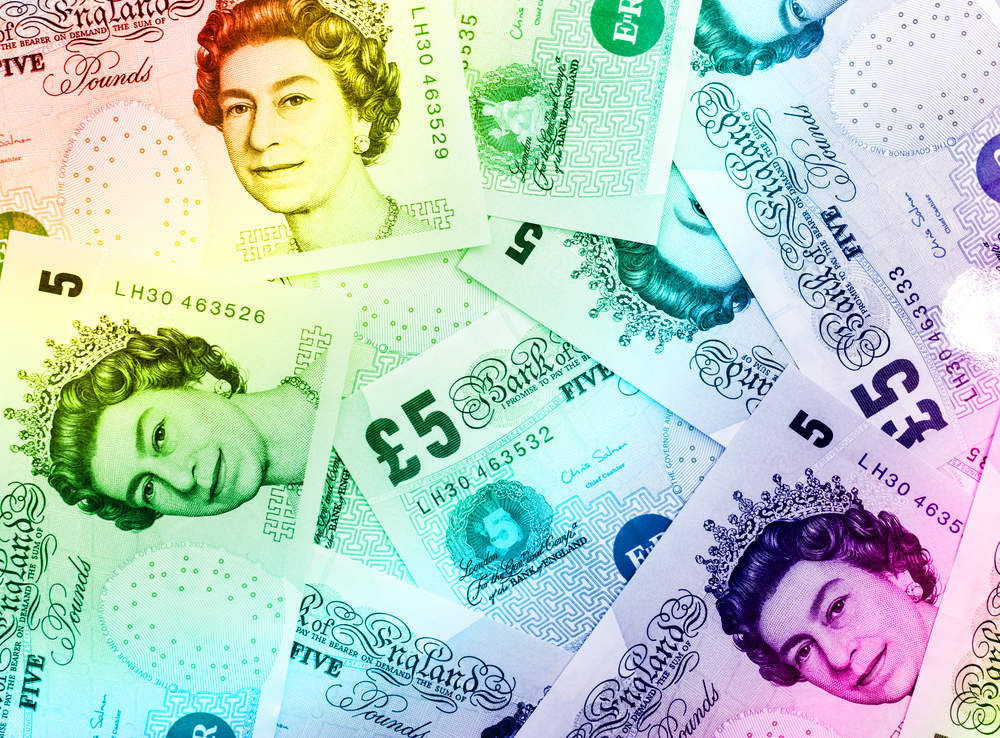
A compromise on the UK’s expected so-called divorce bill from the European Union has been reached, but not everyone’s happy about it.
As so often happens when former lovers fight, the issue that crops up first is about the money.
What was thought could be the row of the summer was almost resolved without so much squeak from either side, but alas, reports in the Sunday Telegraph yesterday, followed by outrage from the right wing British press today, meant there has been push back on what would at first appear a reasonable sum.
Downing Street has been forced to dismiss the idea of paying a Brexit divorce bill of around £36bn ($47bn) after Euro-sceptic MPs declared they would never accept handing over such a large sum and would vote it down in parliament.
The Conservative MP Jacob Rees-Mogg said there was:
No logic to this figure. Legally we owe nothing.
How well do you really know your competitors?
Access the most comprehensive Company Profiles on the market, powered by GlobalData. Save hours of research. Gain competitive edge.
 Company Profile – free sample
Company Profile – free sampleThank you!
Your download email will arrive shortly
Not ready to buy yet? Download a free sample
We are confident about the unique quality of our Company Profiles. However, we want you to make the most beneficial decision for your business, so we offer a free sample that you can download by submitting the below form
By GlobalData
Fellow Tory MP Peter Bone said it would be “very strange” for parliament to vote in favour of such large sums, while foreign secretary Boris Johnson told the House of Commons last month that Brussels could “go whistle” if it expected anything like that amount from the UK before negotiations get underway in earnest.
All this means that issues such as citizens’ rights and Northern Ireland could be pushed back until December
Michel Barnier, the EU’s chief Brexit negotiator, told diplomats last month that the next phase of negotiations could well be delayed until almost Christmas as Britain is stalling on the bill.
What does the bill cover?
The bill, which is likely to be paid in yearly instalments, covers the UK’s financial commitments to the EU — things that we have already agreed to support and the trading bloc has already factored into its spending.
Commission spokesman Margaritis Schinas likened it to leaving a bar but still needing “to pay for the round you ordered”.
What exactly is on the Brexit bill nobody knows for sure — that’s one of the things negotiators are having to discuss.
Things it is likely to include however are pension payments to EU officials, guarantees on loans such as the bailout of Ireland, and spending on infrastructure and structural funds agreed on but still to be financed.
The EU has also suggested Britain should help cover the cost of programs to improve democracy and the rule of law in nations including Turkey, as well as the cost of relocating EU agencies, such as the European Banking Authority, from London.
The EU’s guidelines for the talks say Britain must “respect the obligations resulting from the whole period of the U.K. membership,” a reference to the seven-year budget period that runs through 2020, even if the UK leaves almost two years before that.
Why should the UK pay anything at all?
The commitment to paying any sort of bill is far more about the UK and the European Union splitting ways amicably than being forced to.
Some have suggest however that the EU is looking to both punish and make an example out of the UK, in case others decide that leaving the EU means they get all of the benefits with none of the financial commitment.
EU officials have said making Britain pay is a matter of fairness — not punishment — and that the UK is duty bound to pay up.
Without the UK the EU is looking at a €10bn hole in its budget, which will mean increasing contributions from the remaining members, cutting spending or finding alternative sources of revenue.
Ultimately, the UK needs to decide what it’s willing to pay and the EU needs to decide what it wants the UK to pay and then we will come to an agreement in the middle.
As with all Brexit negotiations, there is a reasonable middle ground that means we all come out the other side still standing.








